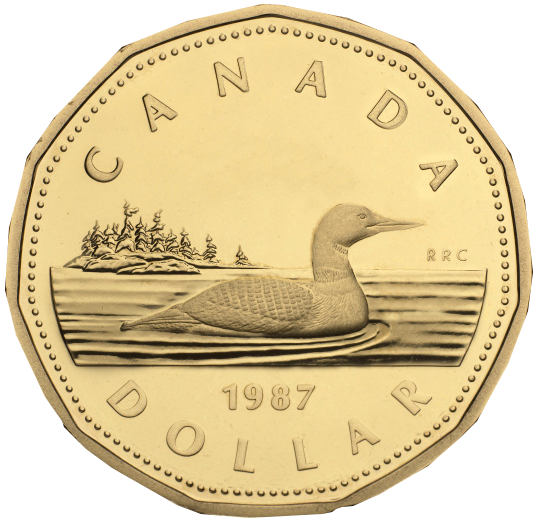The complex supply chain that carries books from publishing houses to Canadians’ shelves often requires them to be printed or warehoused in the United States – especially among the major multinational publishers, which account for the vast majority of books sold in Canada. Mr. Carney’s book, for instance, was published by Penguin Random House Canada’s Signal imprint. It’s one of potentially thousands of books written by Canadian authors and published by a Canadian house that is still made in the United States, and could therefore be susceptible to countertariffs.
This dynamic both complicates the easy sloganeering of “Buy Canadian” and, should countertariffs be imposed on U.S.-printed books, could threaten the well-being of independent bookstores, which already face thin margins and steep competition from much larger retailers Indigo and Amazon, the latter of which also has capacity to print books on demand in Canada.
Bookstores could also be forced to either absorb major price increases, leaving less revenue for overhead costs, or pass the increases onto consumers. Those readers could easily seek cheaper books online, such as through Amazon, which could more easily handle price increases because of its massive scale.
“The difference this will make to Americans will be negligible at best,” Mr. MacKay said in an interview after posting about the Mr. Carney book conundrum on social media. While countertariffs might be helpful in a trade war, even if Canada wins, putting them on books could mean ”the entire Canadian publishing and bookselling industry will be extinct,” he added.
Because consumers seek out specific titles, “we know that readers will not likely substitute a book arriving via the U.S. for a Canadian printed and warehoused book,” Ms. Carter and Ms. Reisman wrote. “At this time there is nowhere near the capacity in Canada to handle all of our printing and warehousing.”
In an e-mail, Ms. Carter said tariffs on U.S.-printed books would “be devastating for independent bookstores and a serious threat to their survival.”
Maybe Canadian publishing houses should make the books in Canada intead then? You don’t get a pass just cause you are an important industry IMO. The point is to cause change; without any outside motivator there is no reason for publishers to change.
For small bookstores idk maybe pivot to independent authors and whatever subset of Canadian publishers print in Canada in the meantime?
I mean… Yeah, thats the ideal situation.
I worry that it would take too long to get a stable infrastructure going to support Canadian written and printed books.
I very much doubt there is enough Canadian made books for a local bookstore to support themselves, if that were the case you would not be hearing an outcry from them right now.
Why should our fed gov apply retaliatory tariff anyways? Doing such only burdens additional cost to Canadian manufacturers and consumers. Better to apply export taxes, no?
Burdening Canadians who try to trade with enemy nations is the point. It has to hurt for people to get off their ass and do the right thing by divesting from the US completely. Export taxes would miss the majority of international commerce with the US, which would hamper the effectiveness significantly. It doesn’t do anything unless it’s impossible to avoid for anyone still willing to touch the US
👍


